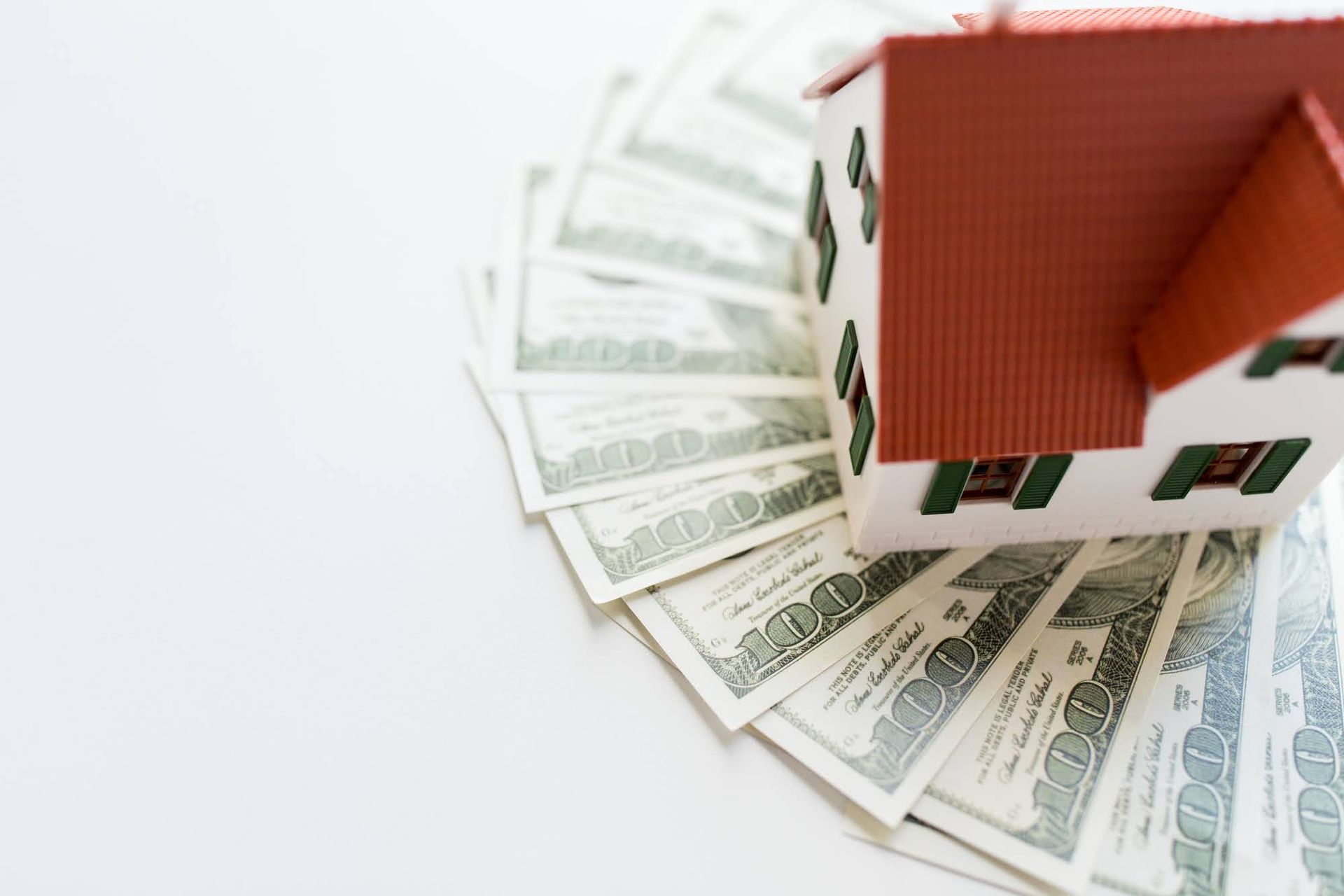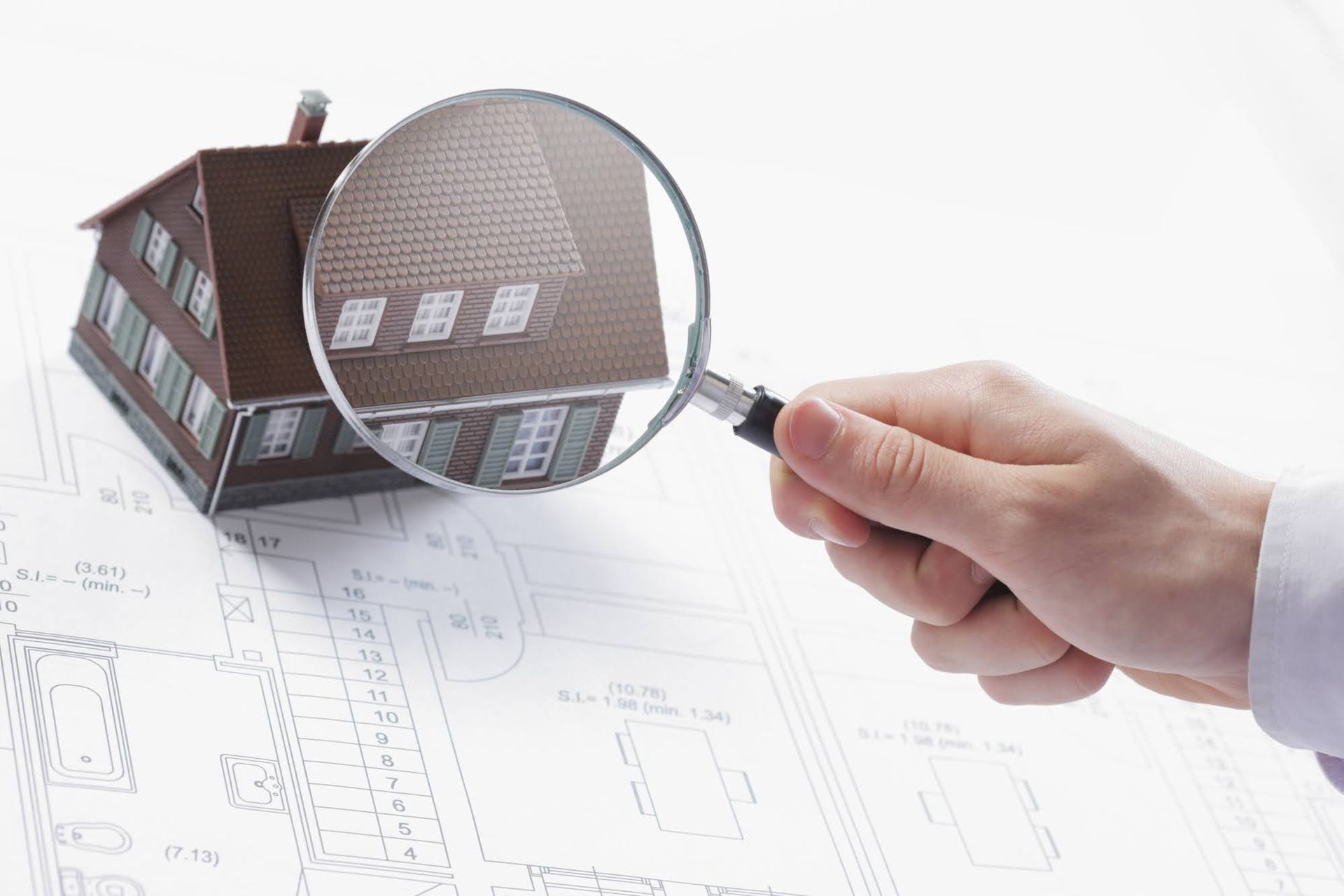*Due to an increase in fees - All Credit Cards/Debit Cards transactions will be subject to a 2.9% surcharge
Key Areas Appraisers Look at During a Home Appraisal
East Coast Appraisal Service • Feb 28, 2022
If you plan to refinance or sell your home, you should first determine its fair market value. Then, property appraisals are an opportunity for an appraiser to check your home's quality, condition, amenities, location, and other special features that affect its value. Read on to learn some of the key areas appraisers investigate in a home appraisal.
Location
Appraisers assess your home in proximity to basic amenities such as schools, hospitals, police posts, and shopping centers. For instance, if your home location has the above amenities, the value is likely higher than homes located farther away.
Another important consideration in respect to location is the value of other homes within your neighborhood.
Size
The size of the home and lot are important factors. Since most people prefer large-sized properties, a bigger size comes into play during evaluation. In addition, the more bathrooms and bedrooms your house has, the more worth you can expect, especially if these rooms are big and accommodative.
Your home's square footage is a great determinant of the home's appraised value. Buyers love an opportunity to expand, and most of them would prefer a property that allows expansion.
Market Trends
Market conditions determine your home's value at any given time. The prices fluctuate with changes in demand and supply. If there are many houses for sale in your area and the demand is low, your home's worth may decrease. If you are not in a hurry to sell, you could wait for the market to heat up.
Interest rates and mortgage markets affect how many prospective buyers eye your home. Lower rates and mortgages attract more buyers and expand the demand, which increases prices.
Exterior and Layout
Exterior components such as walls, the foundation, and the roof play a major role in the reliability and functionality of your home. Any defects in construction and damage to the components mentioned above reduce your home's value. Issues with the roof and foundation may make a home inhabitable; thus, the appraiser pays keen attention to these.
Your home's layout plays a major role in appraisal since it is what the appraisers notice first when they arrive at your home. The value is likely higher if the layout flows well and offers convenience for new projects.
Renovations and Improvements
Your home's value doesn't end after its original construction. Any quality improvements increase the appraised value. For example, newer kitchen appliances can add years to your kitchen's life, and buyers and lenders will find your home more desirable.
Ensure any renovations you make add to the utility and comfort of your home for a higher value. You should also note that upgrades do not reflect the full value you have paid. For example, if you spent $30,000 on custom improvements, that does not necessarily increase the value of your house by $30,000. However, you should keep receipts and documentation as evidence.
General Conditions
General details, such as the physical aspects, conditions, and materials used for construction, impact durability and habitability. If your home has signs of neglect, you will earn a lower appraisal since many buyers don't want to invest in poorly maintained properties.
Basic maintenance issues negatively influence the appraisal valuation. For instance, appraisers note issues such as water leaks, peeled paint, or broken door handles. If you don't keep up with regular maintenance, the value of your home may dip even when in a good location.
Now that you know some of the factors appraisers look for, prepare your home to increase its value in the next appraisal. If you want excellent appraisal services, contact East Coast Appraisal Service today.
50 Court Street, Suite 508, Brooklyn, New York 11201 | Phone: (800) 228-2158 | info@eastcoastappraisal.com | Fax: (718) 834-1807









